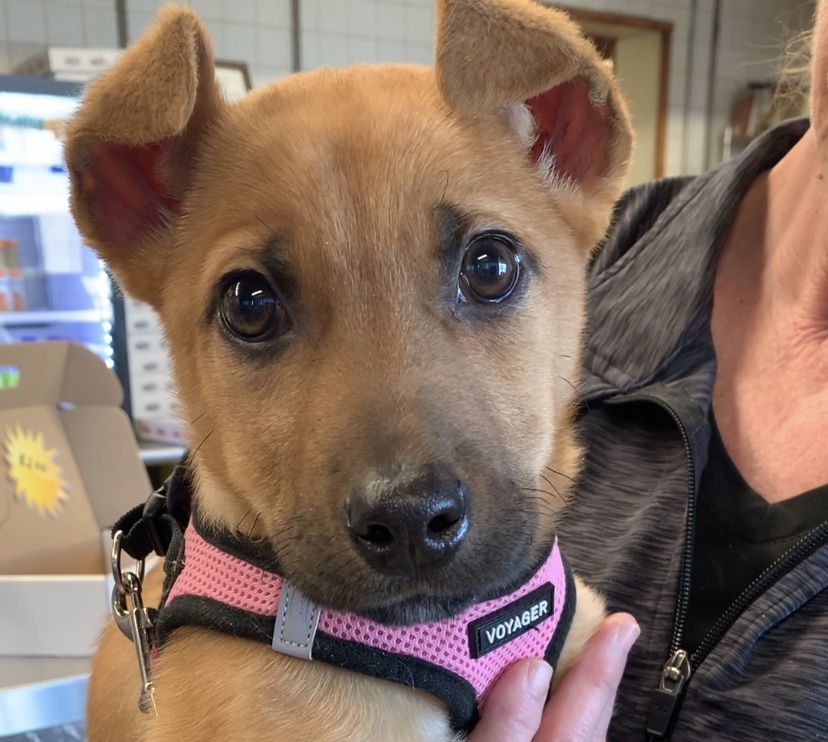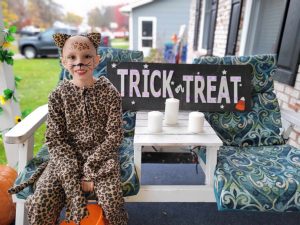With the number of confirmed cases of coronavirus disease 2019 on the rise worldwide, it is important for residents to include their pets in preparedness plans.
Niagara County SPCA joins the Humane Society of the United States and The Association for Animal Welfare Advancement in suggesting community members create a preparedness plan that includes their pets in the event Niagara County is impacted by the virus that causes COVID-19. In addition to preparations typically recommended for any natural disaster threat, individuals with pets should identify family members or friends to care for pets if someone in the household comes ill and is hospitalized.
Make a preparedness plan for your pets:
• Identify a trusted family member or friend to care for your pets if someone in your household becomes ill or is hospitalized.
• Research potential boarding facilities to utilize in the event boarding your pet becomes necessary.
• Have crates, food and extra supplies for your pet on hand in case moving them becomes necessary or if the disease spreads in the community and it becomes necessary to reduce social exposure.
• All animal vaccines should be up to date in the event boarding becomes necessary.
• Ensure all medications are documented with dosages and administering instructions. Including the prescription from the prescribing veterinarian is also helpful.
• Pets should have identification including a collar with current identification tags and a registered microchip.
Niagara County SPCA recommends staying diligent in preparations, but not overreacting to COVID-19 concerns. By creating a preparedness plan ahead of time for the unlikely event it becomes necessary to put into motion, community members can do their part to ensure animal service resources do not become overwhelmed and their pets are spared unnecessary stress. Community members who are eager to help offset the potential impact on pets related to COVID-19 are encouraged to inquire about fostering here: www.niagaraspca.org/how-to-help.
The World Small Animal Veterinary Association states that there is no evidence that companion animals can be infected with or spread COVID-19. This is also the view of the World Health Organization. As this is a rapidly evolving situation, people with confirmed COVID-19 should avoid contact with other people as well as pets.



























